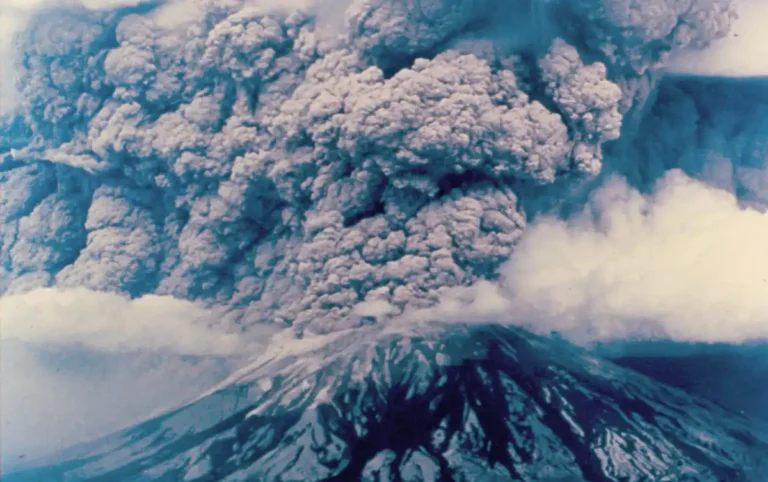
Understanding the Process of Carbon Release from the Earth’s Mantle
The Earth’s carbon cycle is a complex and dynamic system that influences the planet’s atmosphere, climate, and geological processes. While much of the focus tends
The carbon cycle plays a crucial role in maintaining the Earth’s climate and supporting life by regulating atmospheric carbon dioxide levels. While the short-term carbon cycle—think daily processes like photosynthesis—gets much of the attention, the deep carbon cycle unfolds over millions of years. This “deep” cycle describes the movement of carbon between the Earth’s mantle, surface, and atmosphere, affecting global climate patterns over geological timescales. Let’s dive into the deep carbon cycle and explore how it shapes the planet beneath our feet.

The Earth’s carbon cycle is a complex and dynamic system that influences the planet’s atmosphere, climate, and geological processes. While much of the focus tends
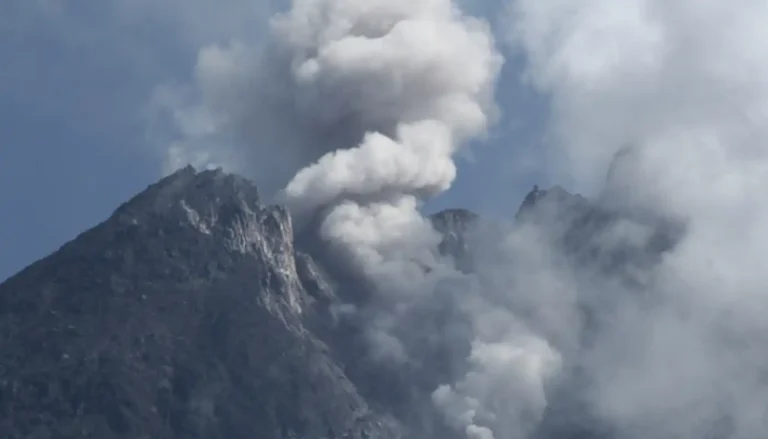
When we think about carbon emissions and their role in climate change, the first things that come to mind are often human activities such as
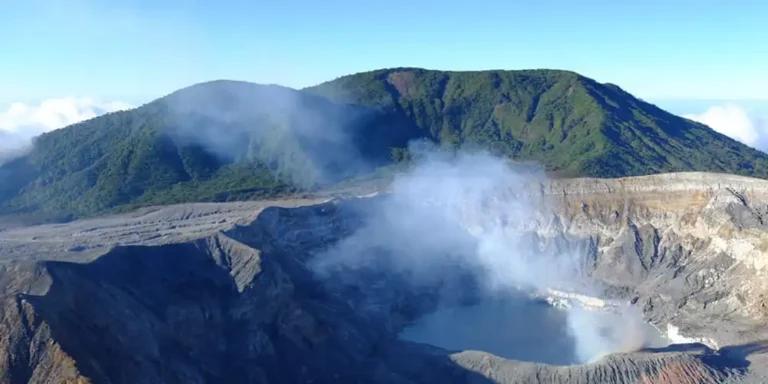
Carbon, the building block of life, plays a crucial role in maintaining the delicate balance of Earth’s climate system. However, much of the planet’s carbon
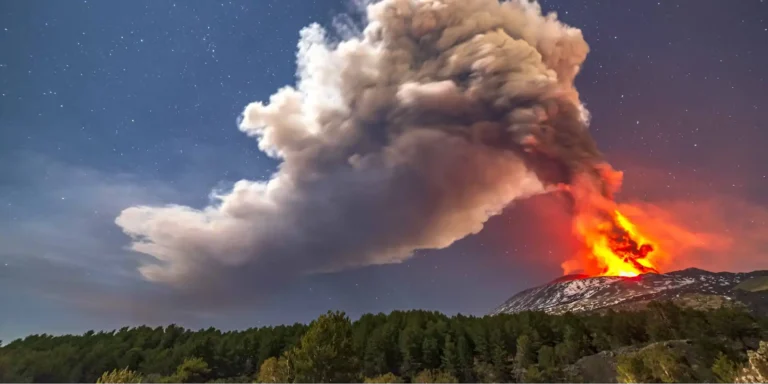
Carbon plays a pivotal role in regulating Earth’s climate, and while most of the attention surrounding carbon emissions focuses on human activities, there are natural
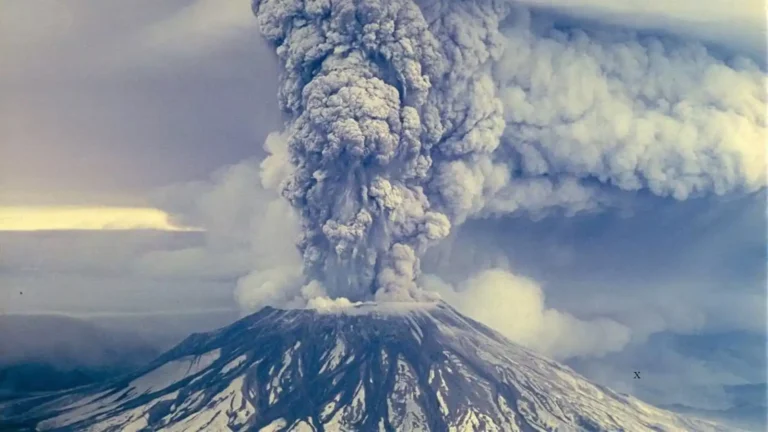
The Earth’s climate system is complex, influenced by numerous factors ranging from atmospheric composition to ocean currents and solar radiation. One factor that plays a
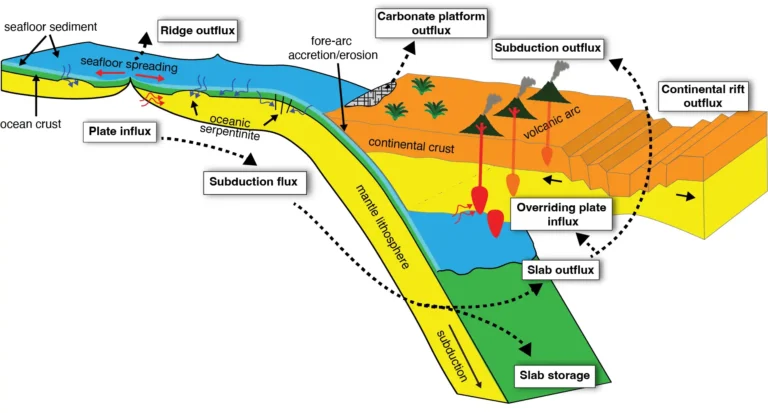
Carbon is one of the most important elements on Earth, playing a critical role in everything from the formation of life to the regulation of
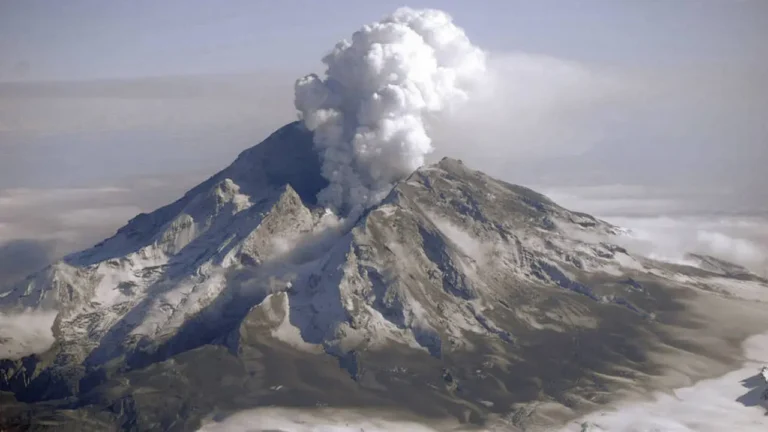
Volcanoes are more than just fiery spectacles—they play an essential role in regulating the Earth’s carbon cycle and climate. While we often think of volcanic
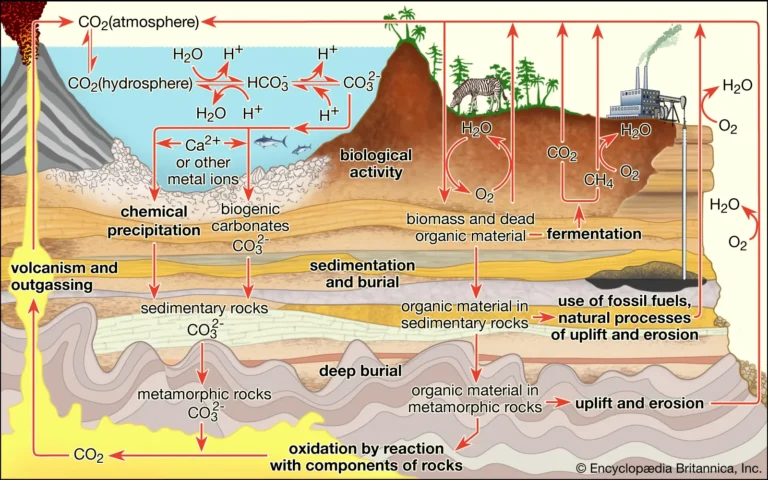
Earth is a dynamic and ever-changing planet, shaped by a variety of natural processes. While many people are familiar with surface-level phenomena like the water
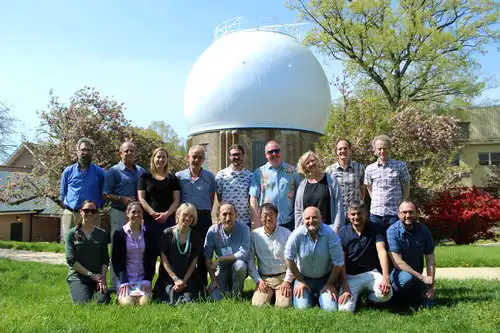
Twenty-eight DCO members came together from 29 April – 4 May, 2018 at the Carnegie Institution for Science in Washington, DC to calculate a new
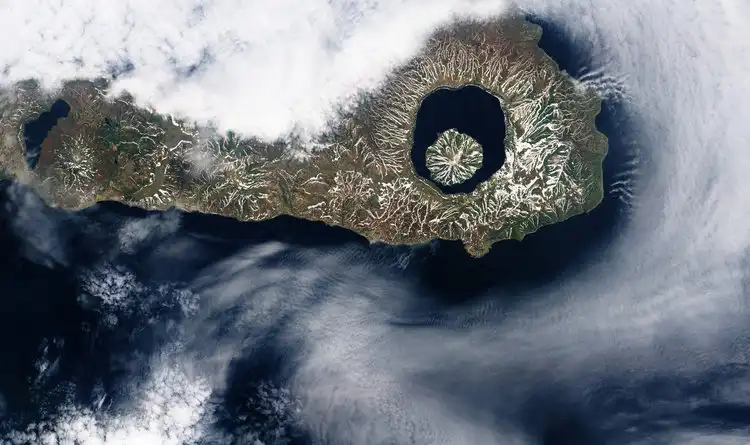
Applications were invited for a highly qualified and motivated postdoctoral research scientist with a geologic background in computational geophysical fluid dynamics, whose primary responsibility will
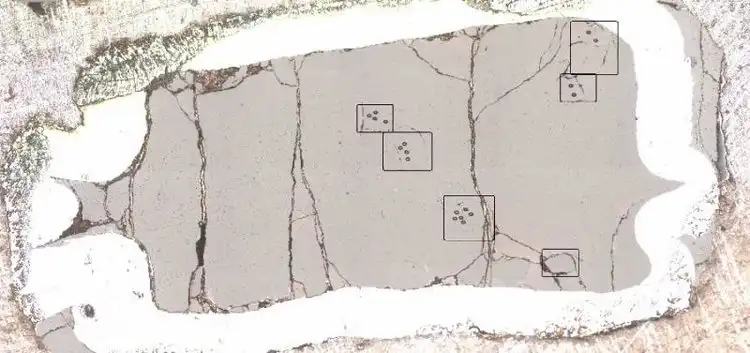
A joint study between Carnegie and the Woods Hole Oceanographic Institution has determined that the average temperature of Earth’s mantle beneath ocean basins was about
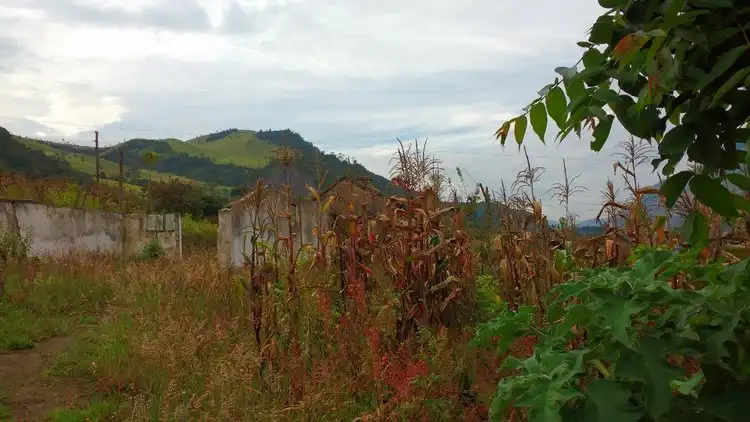
The atmosphere that allows our planet to sustain life formed from gases emitted by volcanoes early in Earth’s history. These volatile elements are constantly recycled


© deepcarboncycle.org, 2017.
All Rights Reserved.